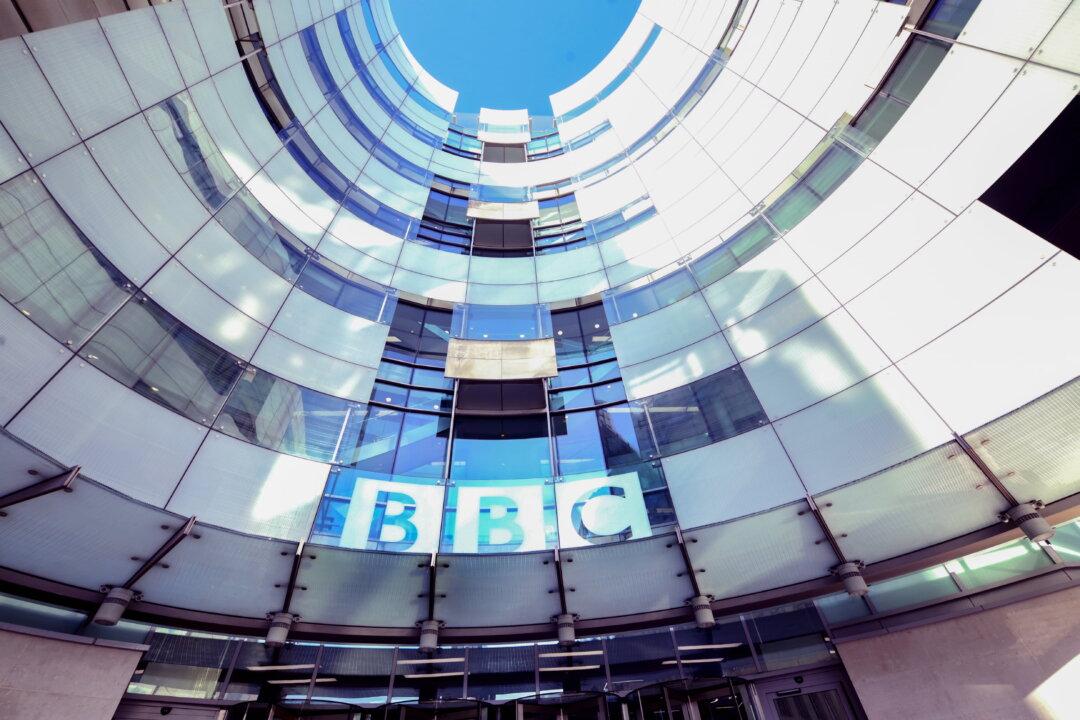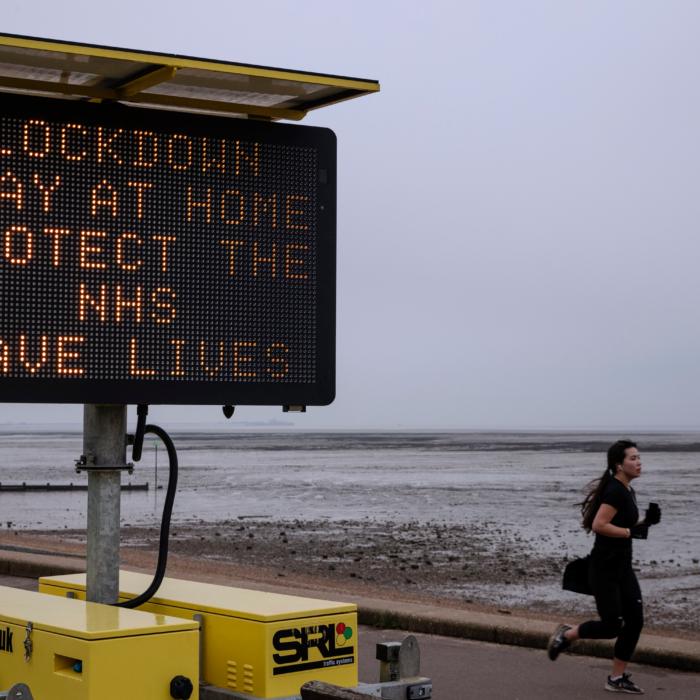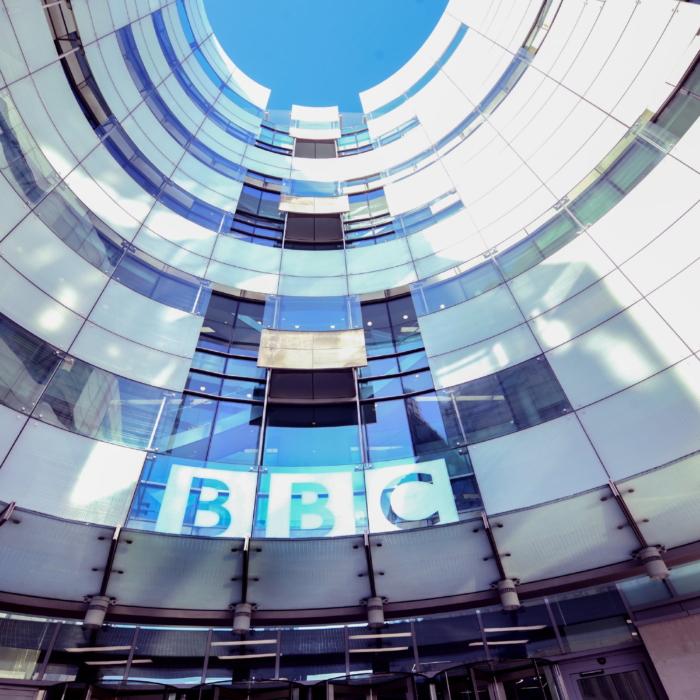The industry body for commercial radio has criticised the BBC for its plan to launch new digital music stations which the sector said would “compete directly with commercial radio stations.”
On Wednesday, the BBC announced plans for four genre-focused digital music stations as extensions for BBC Radio 1, BBC Radio 2, and BBC Radio 3.
One proposed extension for Radio 1 would focus on music from the 2000s and 2010s, while another would see an expanded version of BBC Sounds Radio 1 Dance stream. Radio 2’s extension would curate “nostalgic pop music” from the 1950s, 1960s, and 1970s, and Radio 3 would feature a wide range of classical music.
A spokesman from Radiocentre, the industry body for commercial radio, said in a statement, “These new proposals are an attempt to directly imitate the recent success of commercial stations that already provide these genre stations following years of significant investment made by our sector.”
New Stations Give Listeners More Choice, Says BBC
The BBC said that the proposed extensions would “give more choice especially to those who currently are underserved by the BBC, and whom Ofcom have challenged the BBC to do more for.”“They are a cost-effective way to reach audiences on DAB+ where listening is growing as people move over from FM,” the broadcaster said.
Director of BBC Music Lorna Clarke said that the decision was driven by the broadcaster’s desire to give audiences “more choice from the BBC as listening habits are changing.”
Ms. Clarke explained: “Our extensions for Radio 1, Radio 2, and Radio 3 will allow listeners to deep-dive into more pop and classical genres and periods of music they love the most, uniquely created by the BBC.
“They’ll get a deeper listening experience than what’s available elsewhere, hear brilliant storytelling through our extensive archive, and discover more music to love, whatever their mood.”
The plans are subject to regulatory approval, including a Public Interest Test, a process which the BBC said will start in the coming weeks and which is expected to be completed by the end of 2024.
‘Silence Local Voices’
In 2022, the BBC proposed changes to local media output that would see all 39 BBC local radio stations sharing more content and broadcasting less region-specific material in a bid to “modernise” services.Conservative former minister Sir Mike Penning tabled a motion in June 2023 urging the corporation to reconsider its decision, warning that local radio cuts will “silence local voices.”
Sir Mike said at the time, “The BBC is going down a very, very, very dangerous road by alienating their core people that want to support them at the same time that trust in the national media is actually waning.”
Ms. Frazer also revealed there would be a review into the licence fee model, which would include an examination of “how the BBC can increase its commercial revenues to reduce the burden on licence fee-payers.”
The government also announced that it would give media regulator Ofcom more powers to regulate BBC news articles in an attempt to increase trust in the public broadcaster.
However, veteran journalist Robin Aitken, who had spent 25 years at the BBC, said the changes would not make an impact on the way complaints about the corporation are handled.







